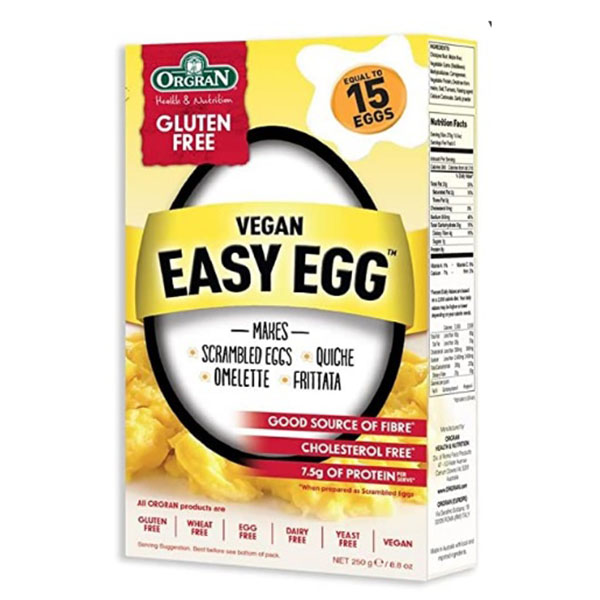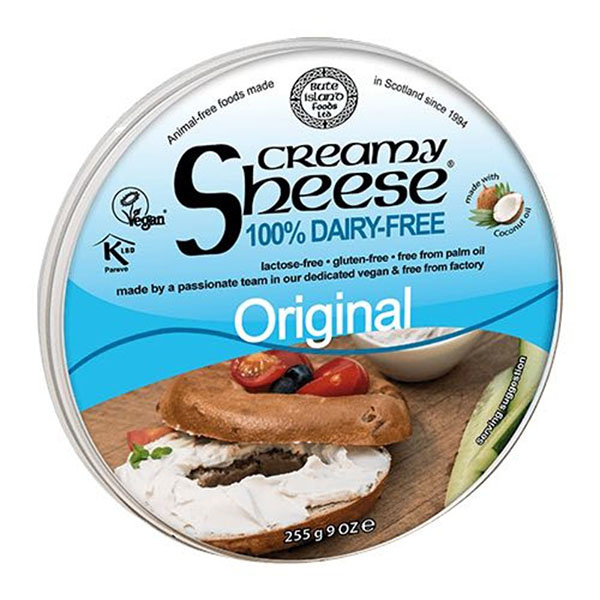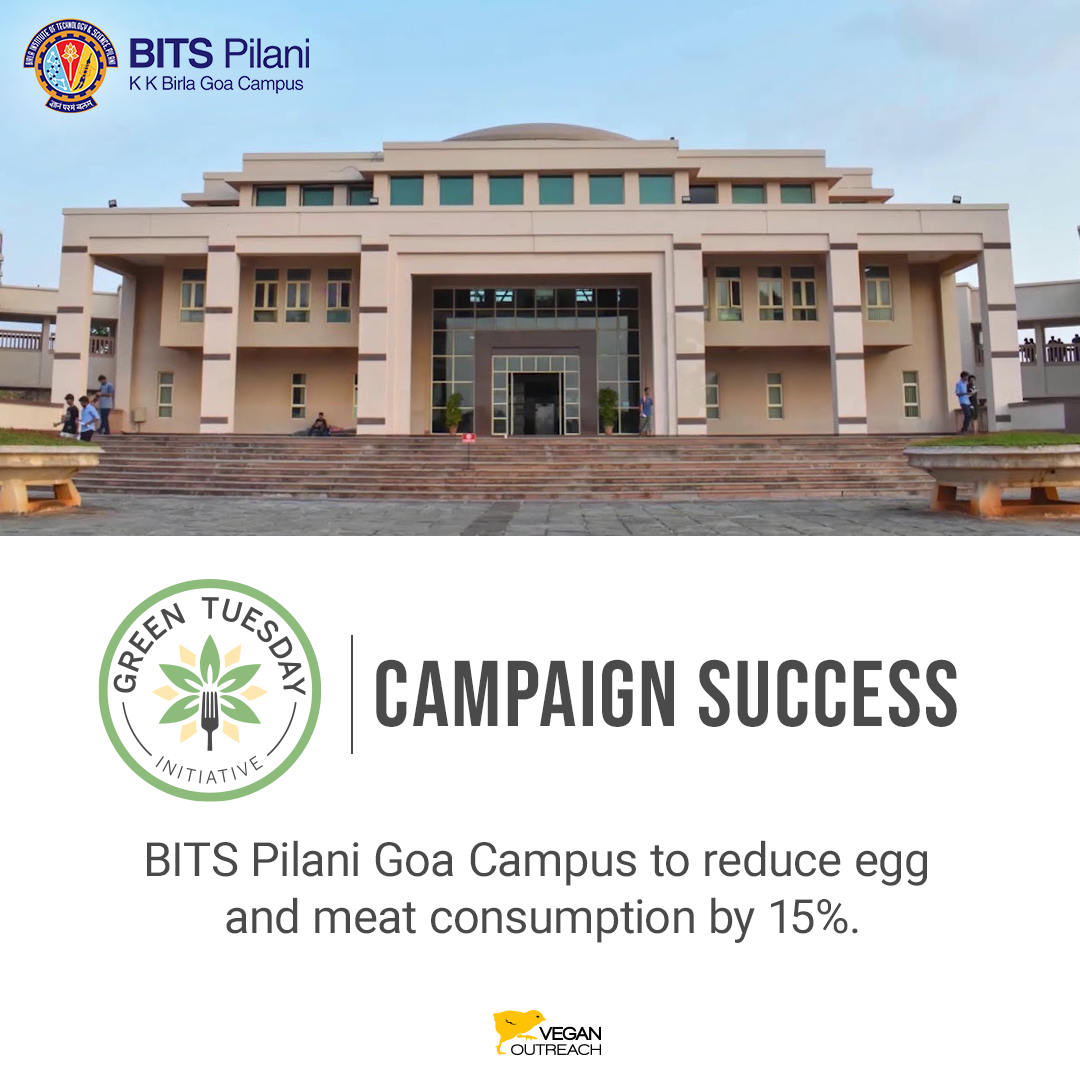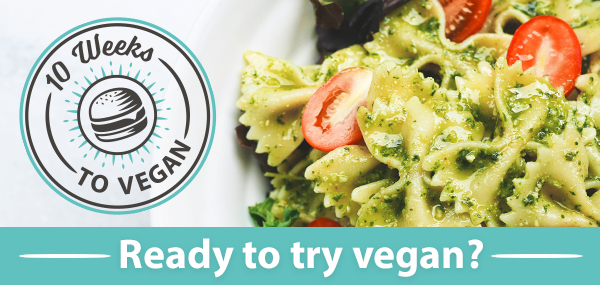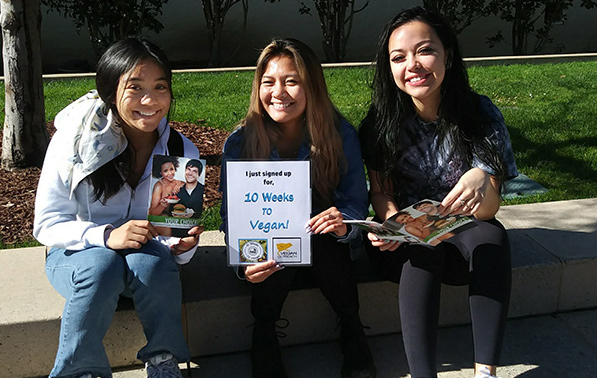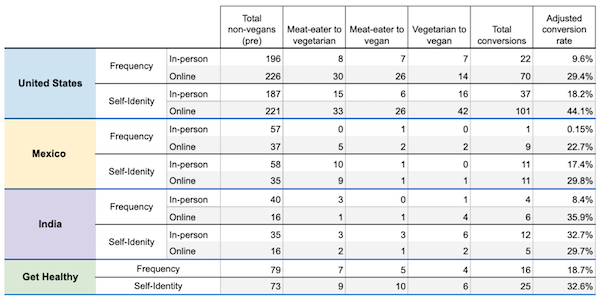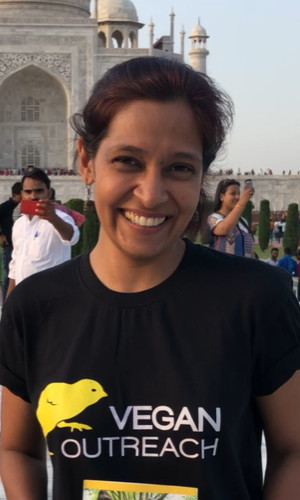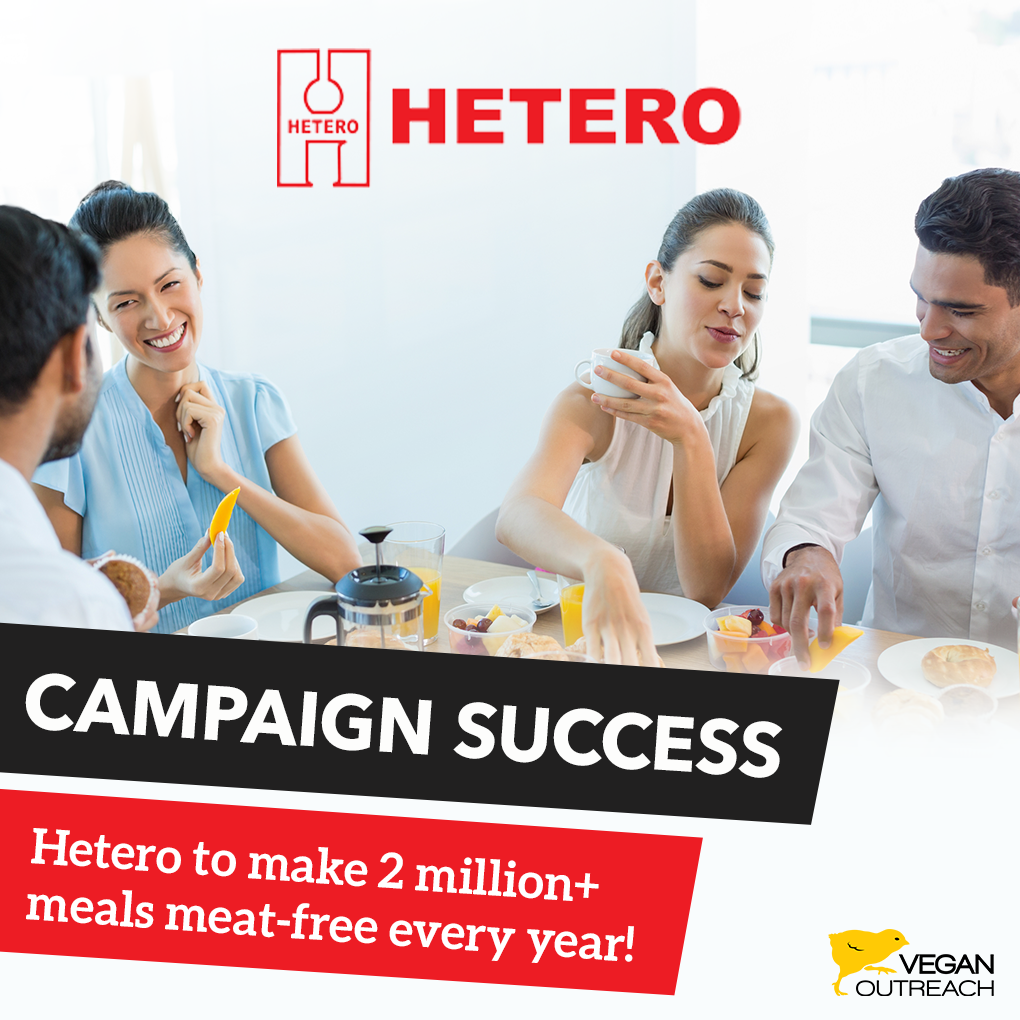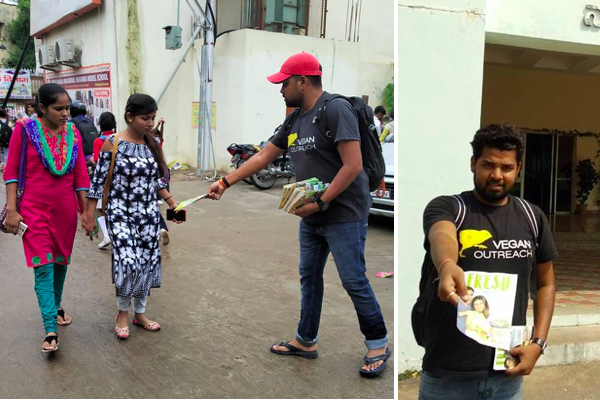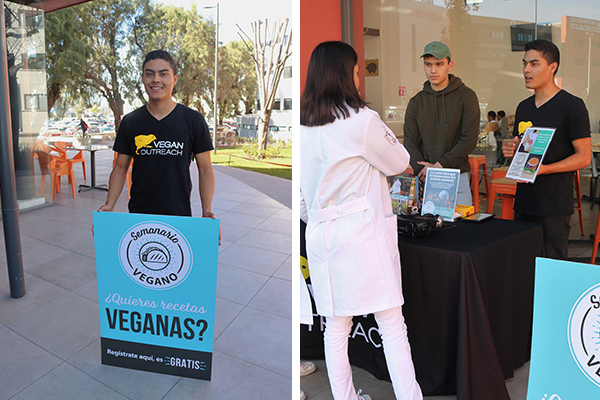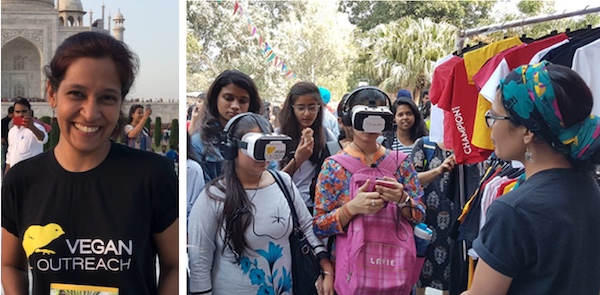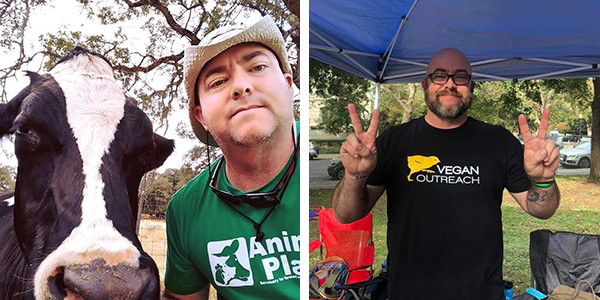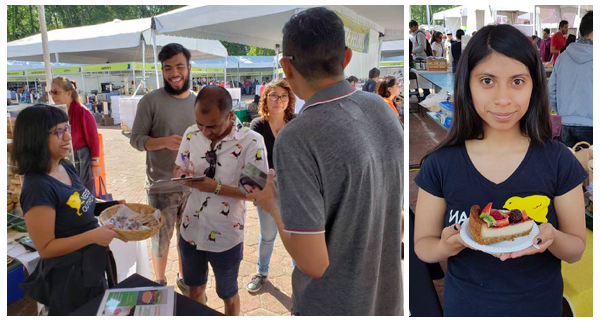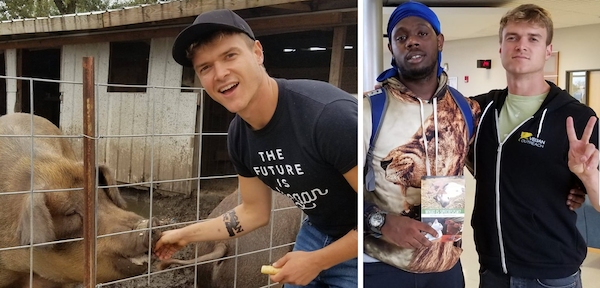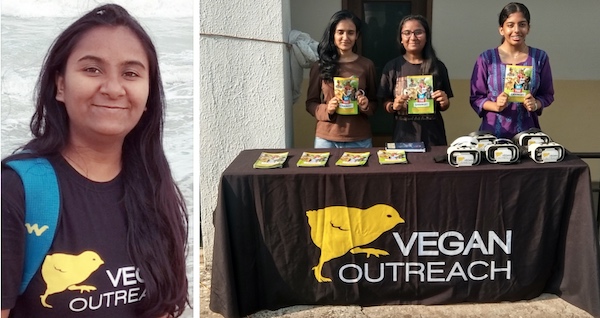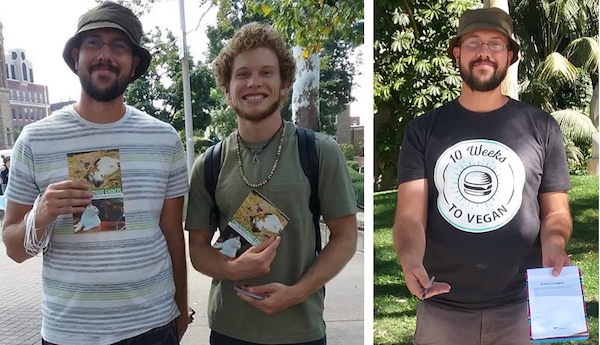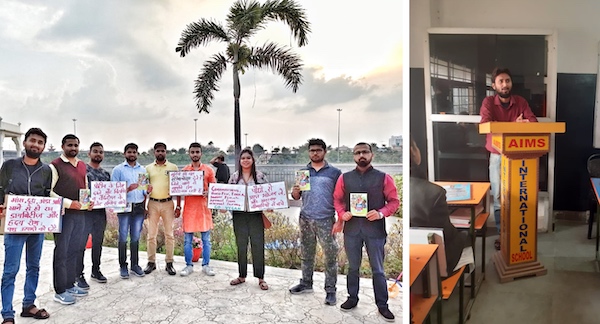By Sam Tucker, Australia and New Zealand Outreach Coordinator
I have a confession to make. I like the taste of meat.
I didn’t go vegan because I suddenly didn’t like the taste, I went vegan to stop the massive amount of cruelty involved in animal agriculture. So it should come as no surprise that when it comes to meat substitutes, I’m a bit of a self-taught expert.
Whilst many of these products can be found at organic supermarkets and specialty stores, few can be found in your standard supermarket. Luckily, here in Australia, we have our own range of tasty vegan foods at all supermarkets.
To kick things off, let’s talk about some meat substitutes, all of which can be found at your local Coles or Woolworths.
Two brands you want to keep an eye out for (available at both Coles and Woolworths) are Fry’s and Vegie Delights. Both of their entire product ranges are vegan.

Vegie Delights make delicious “chicken” style tenders and burgers which can be found in the frozen section of your supermarket, as well as mince, sausages and a Sunday roast in the chilled section. In addition to being really tasty, these products are also packed with iron, protein, B12 and zinc.
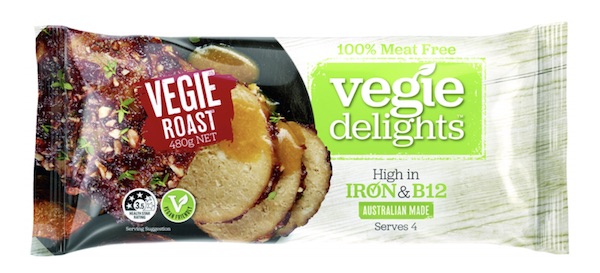
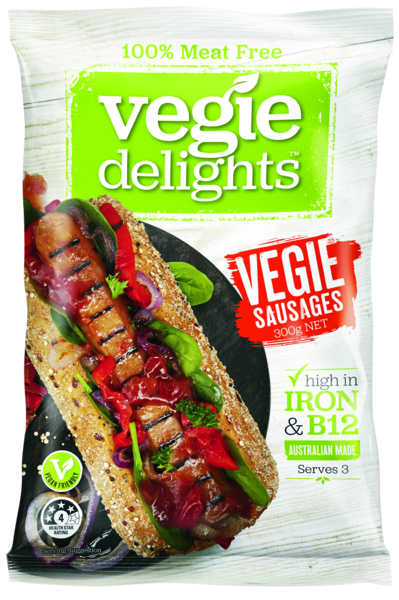
Coles also stocks their own brand of vegan products called Nature’s Kitchen. Products include burgers, chicken style tenders and sausages.
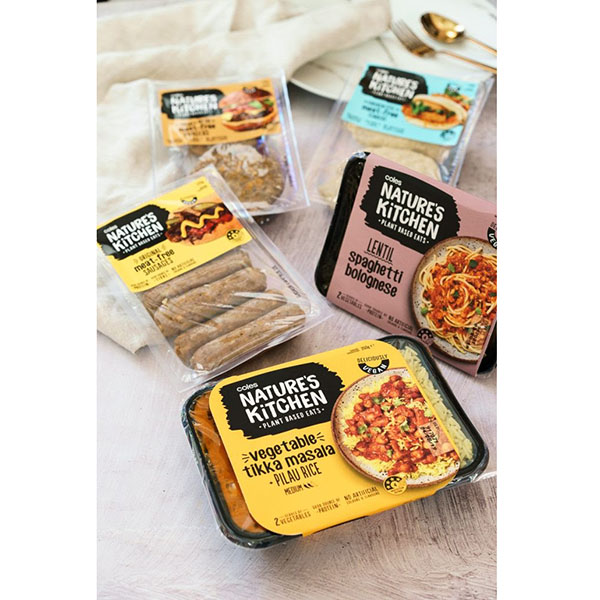
Coles also stocks The Alternative Meat Co., who makes delicious vegan burgers, sausages and mince.
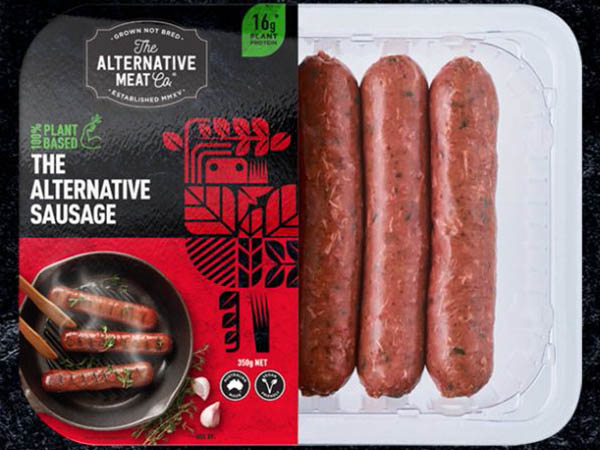
You can also find vegan mince from MorningStar Farms (not all of their products are vegan, but the mince definitely is).
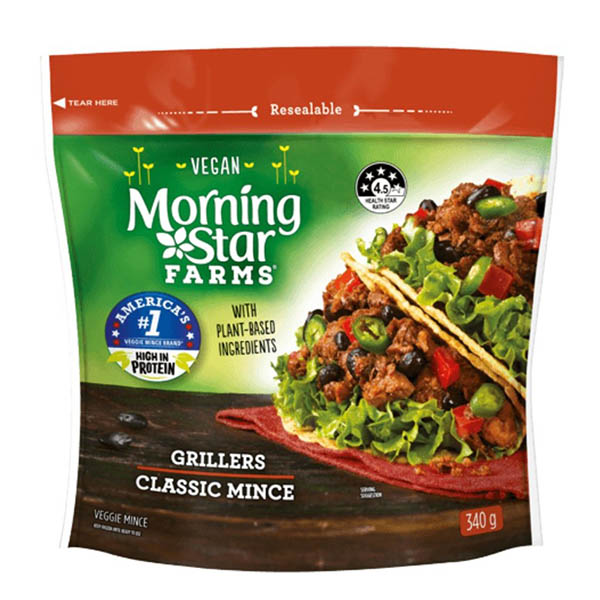
Another great mock meat option available at Coles is the Sunfed “Chicken Free Chicken”.
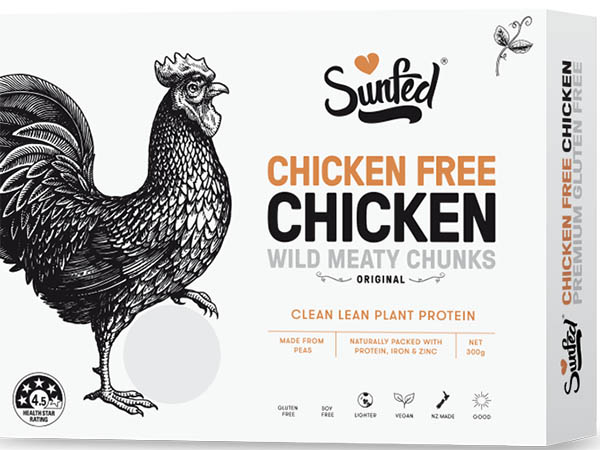
Woolworths also has a great range of vegan meat alternatives. One great brand to try is Tofurky, who make sausages, deli slices, chicken pieces and more.
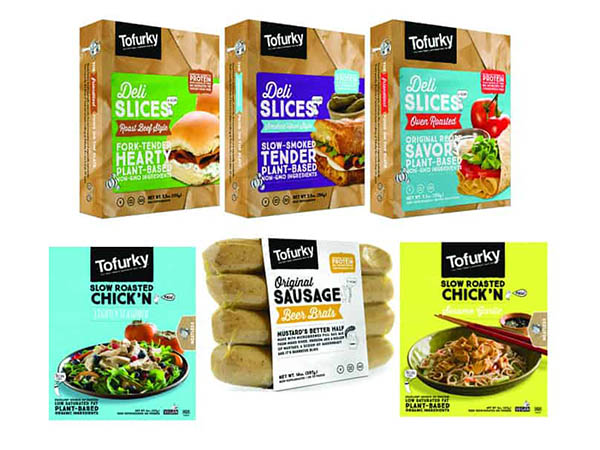
They also stock Unreal Co. who make delicious sausages, burgers, schnitzels and fried chicken-style pieces.
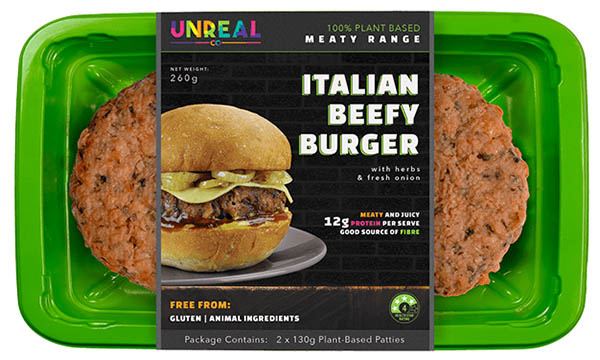
Made With Plants makes vegan bacon, mince and meat loaf that can also be found at Woolies.
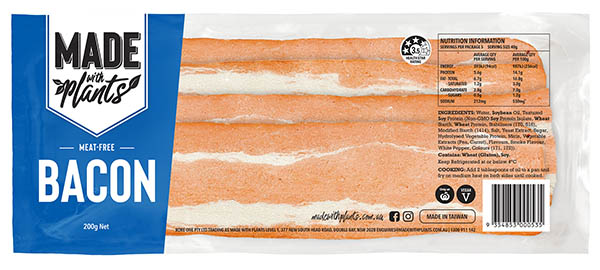
The Vegan Factor makes tenders, chicken strips, nuggets, burgers, meatballs and more.
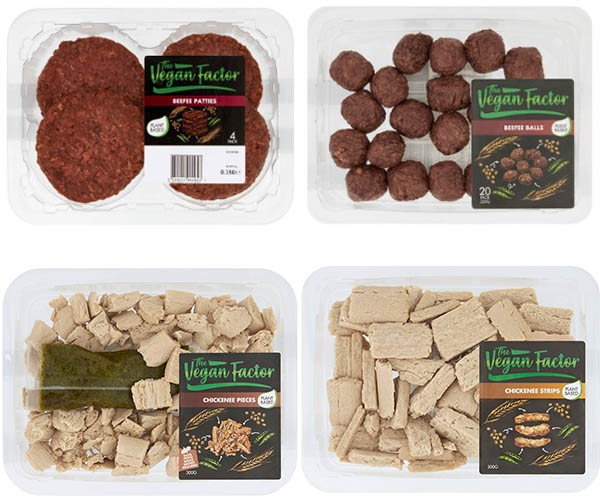
V2 also sell vegan burgers and mince at Woolies.
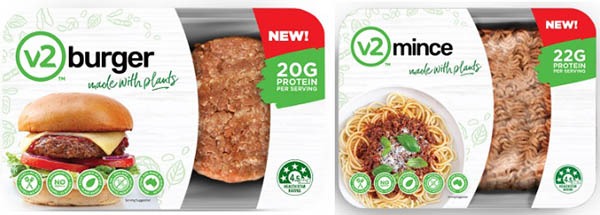
Another great brand of vegan meat at Woolworths is the Linda McCartney Foods range. They make delicious vegan sausage rolls, pies, mince and burgers.

And finally, Woolworths also stocks Naturli plant-based “Minced”.
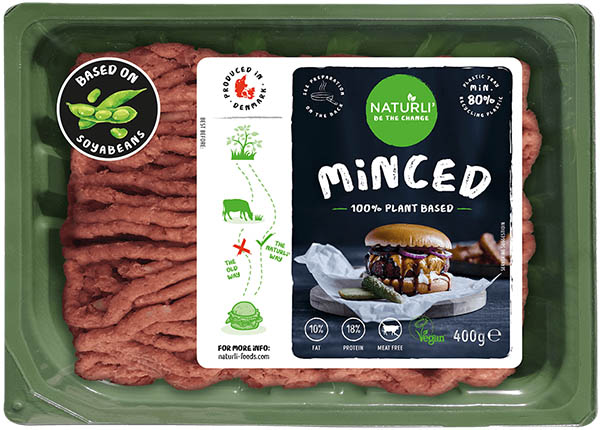
If you’re willing to venture away from Coles and Woolworths, Asian grocers generally stock an even larger range of vegan meats, including vegan duck, fish, prawns, ribs, chicken and more. If you’re looking for the kind of vegan meats that would fool even a die-hard carnivore, look no further than your local Asian grocer. Lamyong’s “vegetarian prawns” are particularly convincing, resembling not only the taste and texture, but also the appearance of the real thing.

Do you have a favorite Australian vegan meat? Share your opinion in the comments below!

